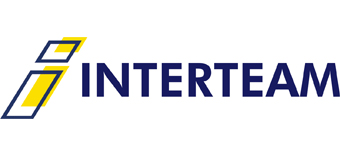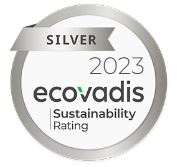Update UK transports: Border and customs controls for imports of SPS goods (animal products and plant products) from 31.01.2024
Animal products and plant products are divided into three different risk classes.
The import requirements are derived from the risk classification. Accordingly, no veterinary certificates or phytosanitary certificates are required for the import of SPS goods with a low risk from the EU or another third country.
For SPS goods with a medium or high risk, a veterinary certificate or phytosanitary certificate is required.
Information from the UK authorities on risk classification and health certificate action (digital or paper):
Border Target Operating Model: information leaflets for businesses – GOV.UK (www.gov.uk)
List of risk classification by product type:
Import risk categories for animal and animal product imports from the EU to Great Britain: summary tables – GOV.UK (www.gov.uk)
Check import risk categories and related rules for animals and animal products imported from the EU to Great Britain, from 31 January 2024 – GOV.UK (www.gov.uk) including database query.
https://assets.publishing.service.gov.uk/media/6585b33723b70a000d234ea5/Defra-Health-Certificates-Leaflet.pdf
(Page 5: “What to do, if the consignment is medium risk and there ist no health certificate?”)
For technical queries, please contact your British trading partner, customs agent or the responsible British authority DEFRA (Department for Environment Food & Rural Affairs).
We are available to answer your questions at the e-mail address brexit@interteam.eu!

